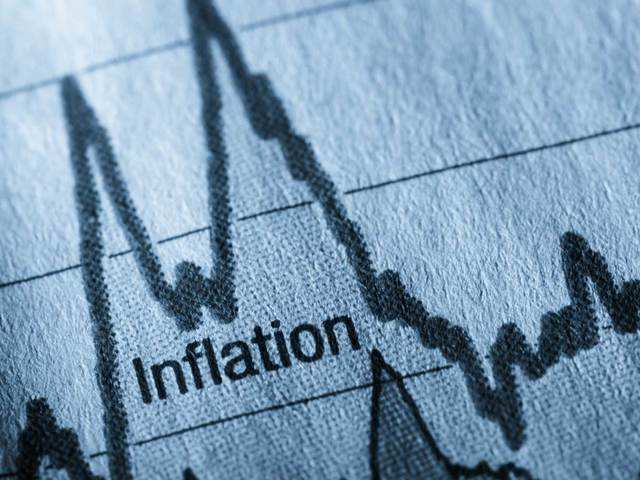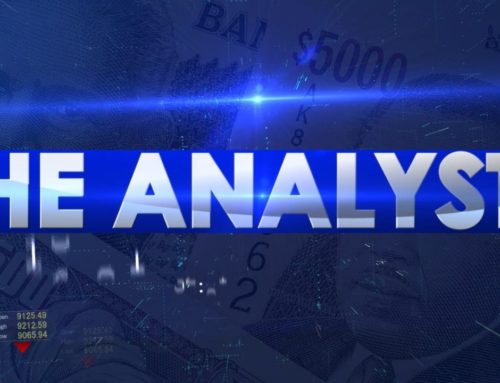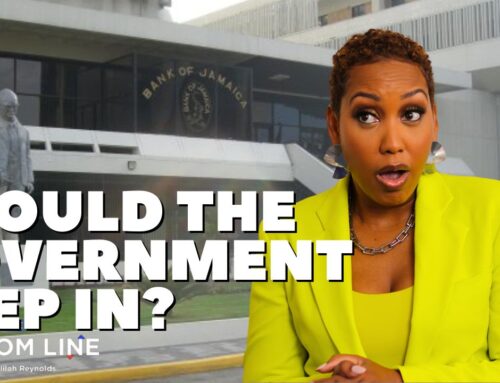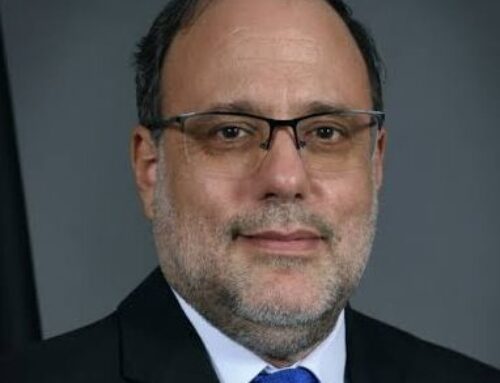
Inflation could get worse if not controlled now
Co-Chair of the Economic Programme Oversight Committee (EPOC) Keith Duncan has welcomed recent actions by the Bank of Jamaica (BOJ) intended to help control inflation.
Speaking on Taking Stock with Kalilah Reynolds, Duncan noted that the rate could rise exponentially if certain measures aren’t implemented now.
Based on the latest data from the Statistical Institute of Jamaica (STATIN) the 12-month inflation rate covering August 2020 to August 2021 breached the Bank of Jamaica’s target range to stand at 6.1%.
The core inflation rate, which excludes volatile sectors like agricultural commodities and fuel from the numbers, has also skyrocketed according to Mr. Duncan, moving from 3.4% to 7.8%.
He said the upward trend in all sectors could have been driven in part by the Central Bank pumping liquidity into the market previously to stimulate the economy and ensure that the financial sector had adequate cash flows to remain stable during the early stages of pandemic.
“If you don’t break the trend it will get worse, ” he said, adding that “inflation has been building and has gathered further momentum with what has been going on since the pandemic.”
Duncan said the BOJ’s move to tighten monetary policy by containing Jamaican dollar liquidity will help to keep prices from edging up further as well as reduce pressure on the foreign exchange market. On September 30, the bank increased the policy interest rate from the historic low level of 0.5 percent to 1.5%.
Duncan said a higher interest rate should equal less inflation. He explained that raising the rate will likely lead to less people borrowing which would in turn slow down domestic demand and reduce pressure on the foreign exchange rate.
“If you’re thinking about buying a car or a house, you’re going to say let me reconsider because that one point will make a difference in terms of repayment and if I was going to make an investment in a business, that [point] will make a difference in terms of my cost of capital,” he reasoned.
Duncan said less money and less demand for the same amount of goods and services will eventually lead to prices either falling or stabilizing.
He said this should also help the Central Bank with its other responsibility of ensuring the flexibility of the foreign exchange market does not further threaten the 4-6% inflation target. The dollar has been appreciating in recent weeks, even falling below the 150 dollar to $US1.00 mark after trading above it consistently since July.
“Quarter over quarter you realize there’s movement in the foreign exchange rate and as the quarter closes you find that the dollar will appreciate sometime. A lot of this has to do with market action of buying and selling within the quarter. Second thing is that when you had a lot of Jamaican dollar liquidity in the system it could buy a lot of US dollars and move the prices,” he explained.
Meanwhile Duncan said despite the inflation challenge Jamaica’s financial system remains resilient with revenues exceeding budget, reserves at $4 billion and fiscal and monetary systems still strong.
“The centre is holding quite nicely,” he said.
At the same time, he has renewed calls for the country to further diversify in order for the country to experience future sustained growth.
He’s calling for more investments in the people needed to drive growing industries such as the Global Service Sector (Business Process Outsourcing), more focus on food security and more deliberate actions in relation to tourism linkages.
-END-
Ask The Analysts
The Cast David Rose Business Writer, Observer Leovaughni Dillion Investment Research & Sovereign Risk Analyst at JMMB Group
R.A. Williams to list on JSE
The Cast Audley Reid CEO R.A. Williams Distributors Julian Morrison Founder, Wealth Watch JA










Leave A Comment